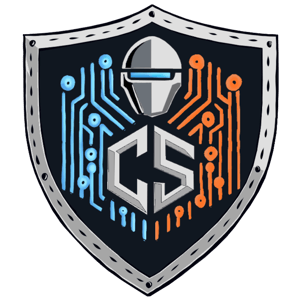Understanding the Dark Web: A Guide for Everyday Users
In today's digital age, terms like the "Dark Web" often come up in discussions about cyber security. While it might seem like a mysterious, shadowy realm, the Dark Web is actually a part of the internet with unique characteristics that set it apart from the everyday web we use.
Cyber-Sentinel
3/19/20252 min read


What is the Dark Web?
The Dark Web refers to a subset of the internet that isn't accessible through standard browsers like Chrome or Safari. To access it, you need specialized software such as Tor (The Onion Router). This network operates on its own domain names, using extensions like .onion, which aren't found on regular search engines.
The Tor network uses onion routing, a process where data is encrypted and layered like an onion, making it difficult to trace. This encryption ensures that users' identities remain hidden, providing a layer of anonymity that can be both beneficial and risky.
What Happens on the Dark Web?
While the Dark Web is often associated with illegal activities such as drug trafficking and fraud, it also has legitimate uses. Anonymous communication tools allow individuals to share information securely without fear of surveillance. Researchers use it for confidential studies, and whistleblowers find it a safer platform to expose wrongdoing.
However, the Dark Web is also a hub for cybercrime. Illicit markets trade in stolen data, hacking services, and counterfeit goods. These activities can have severe consequences, including identity theft and financial fraud, making it crucial for users to navigate this space wisely.
How to Stay Safe
Use Tor Wisely: While Tor provides anonymity, not all websites on the Dark Web are created equal. Research any site you visit to ensure it's reputable.
Guard Your Identity: Avoid sharing personal information such as phone numbers or addresses on unknown sites. Use strong, unique passwords and enable two-factor authentication wherever possible.
Spot Scams: Be cautious of overly promotional sites offering "get-rich-quick" schemes or fake pharmaceutical products. These are common scams designed to trick users.
Stay Informed: Keep up-to-date with cyber security trends and understand the risks associated with accessing certain parts of the Dark Web. Educate yourself on how phishing tactics work to avoid falling victim to them.
Use Secure Payment Methods: If you're buying or selling something, use encrypted payment methods recommended by trusted sources.
Conclusion: Protecting Yourself Online
The Dark Web is a complex and multifaceted space that can be both beneficial and dangerous. While it offers privacy and security for certain activities, it also harbors illegal content and scams. As an everyday user, your primary concern should be protecting yourself online.
Stay secure. Stay informed. Stay ahead
Empowering you to navigate online safely today.
Guide
Alert
© 2025. All rights reserved.
